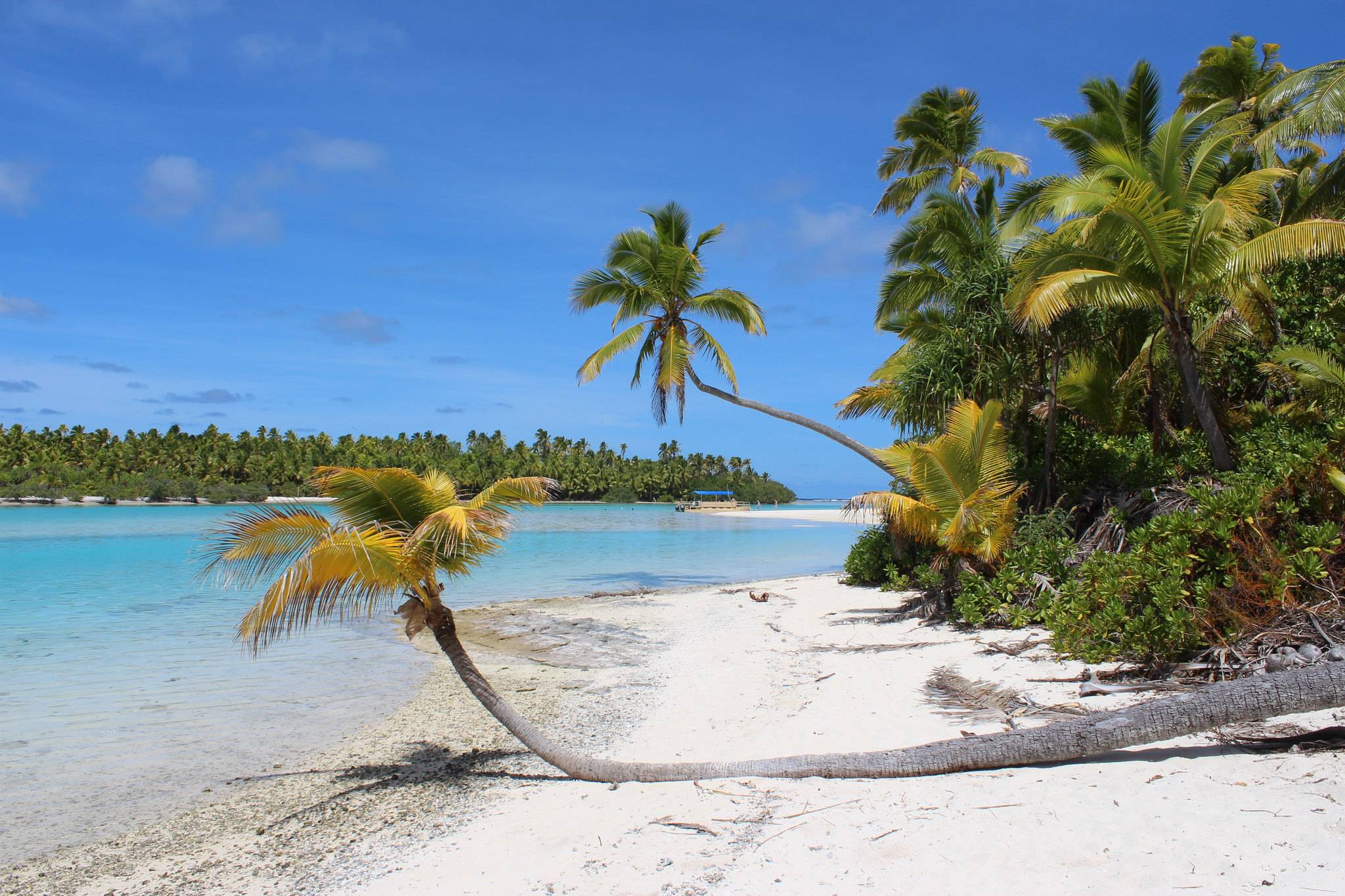
National SCP context and Connection to the Global Agenda: waste management and tourism
The Cook Islands reaffirm their commitment to Sustainable Development and their contribution to the SDG goals. The government has launched the Te Ara Akapapa'anga Nui National Sustainable Development Agenda 2020+ (2021 - 2121), representing a new sustainable development direction. This agenda will explore the country’s development challenges, drawing on lessons from past experiences and best practices to chart a way forward. These planning periods align with the philosophy and practice of ‘Akapapa‘anga, emphasizing the use and importance of genealogical legacies for the Cook Islands and its people. [1] The country has an ambitious goal to manage solid and hazardous waste by increasing recycling efforts, as outlined in NSDA 2020+ Goal 4. In line with this commitment, the government also implemented Solid Waste Management Policy 2016 - 2026[2] and Single-Use Plastic Ban Policy 2018 - 2023[3]. In support, the country is strengthening its environmental governance in national decision-making processes through a Strategic Environmental Assessment (SEA).
Challenges
- The challenge lies in attracting young Cook Islanders, as the farming community, predominantly older males, is aging and relies on imported labor in Rarotonga.[1]
- Tourism growth is reducing land available for agriculture, as tourist accommodation offers higher returns than farming.4
- The Cook Islands currently lacks a regular mechanism for exporting recyclable and hazardous packaging and products for safe disposal and recycling, and domestic dwellings are not held accountable for the cost of general waste management.7
- An acute labor shortage, delays in infrastructure projects, and natural hazards all pose significant risks to the recovery process.[2]
Priority sectors
- Restoring sustainable public finances involves maintaining core public services and investing in critical infrastructure.[1]
- Improving the management of solid and liquid waste, which is a direct byproduct of economic growth.[2]
- Improving production in the agriculture sector through the implementation of science, research, technology, and sustainable practices.4
- The economy of the Cook Islands has been growing steadily, supported by a strong tourism industry. This trend is expected to continue in the near future, propelled by both tourism and construction activities, especially those related to public infrastructure projects.5
Opportunities
- Implementing environmental policy reforms to strengthen environmental protection
- Strengthening the focus on supporting farmers to supply the local market, as the government encourages and supports commercial growers to invest in innovative solutions within the agricultural value chains, such as the SMART AgriTech Scheme.7
- Supporting education and awareness to promote community measures and behavioral changes regarding waste issues (e.g., burning of waste).[3]
- Tourism is the key driver of economic development in the Cook Islands. It is vital to put in place a suite of sustainable tourism development policies and related indicators to build a stronger and more competitive tourism sector that can garner strong support from the local community.[4]
[1] Government of Cook Islands. (2022). MFEM’s Strategic Plan 2022-2026
[2] Government of Cook Islands. (2021). Cook Islands Economic Development Strategy 2030
[3] SPREP. (2020). Assessment of Legislative Frameworks Governing Waste Management in the COOK ISLANDS
[4] Government of Cook Islands. (2020). Cook Islands Sustainable Tourism Development Policy Framework & Goals
[1] Government of Cook Island. (2020). Agriculture Sector Action Plan 2020 - 2025
[2] ADB. (2024). Asian Development Outlook (ADO) April 2024: South Pacific Economies
[1] Government of Cook Islands. (2021). Te Ara Akapapa’anga Nui NSD Agenda 2020+ (2021 - 2121)
[2] Government of Cook Islands. (2016). Solid Waste Management Policy 2016 - 2026
[3] Government of Cook Island. (2016). Single-Use Plastic Ban Policy 2018 - 2023


